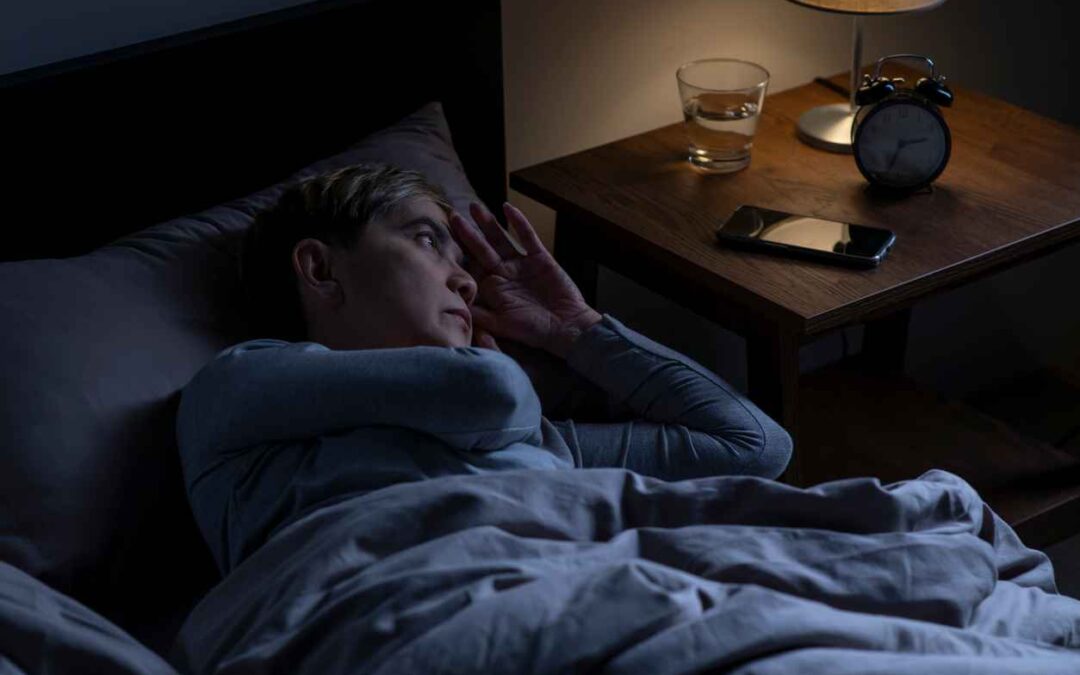Restoring Balance: The Role of Sleep in Mental Health Care
In the hustle and bustle of daily life, sleep often takes a backseat to our seemingly endless list of responsibilities. Yet, its importance cannot be overstated, especially when it comes to our mental well-being.
At Connecticut Mental Health Specialists, we understand the profound connection between sleep and mental health and the pivotal role it plays in maintaining overall wellness. In this blog post, our team delves into this critical relationship, exploring the impact of sleep on mental health and offering practical tips for establishing healthy sleep habits.
Understanding the Link Between Sleep and Mental Health
The relationship between sleep and mental health is complex and bidirectional. Poor sleep can exacerbate existing mental health conditions and increase the risk of developing new ones. Conversely, mental health issues such as anxiety, depression, and stress can disrupt sleep patterns, creating a vicious cycle that undermines both physical and psychological well-being.
The Impact of Poor Sleep on Mental Health and Physical Health
- Increased Risk of Mood Disorders: Chronic sleep deprivation has been linked to an increased risk of mood disorders such as depression and bipolar disorder. Sleep disturbances can disrupt the balance of neurotransmitters in the brain, contributing to mood instability and emotional dysregulation.
- Impaired Cognitive Function: Inadequate sleep can impair cognitive function, including memory, concentration, and decision-making abilities. This can exacerbate symptoms of mental health disorders and make it more challenging to cope with daily stressors.
- Heightened Anxiety and Stress: Sleep deprivation can amplify feelings of anxiety and stress, making it difficult to manage emotions and cope with challenges effectively. Poor sleep also weakens the body’s stress response system, leaving individuals more vulnerable to the effects of stress.
- Increased Risk of Psychiatric Disorders: Research suggests that sleep disturbances are not only a symptom but also a risk factor for various psychiatric disorders, including schizophrenia, ADHD, and substance abuse disorders.
Tips for Establishing Healthy Sleep Habits to Prevent Health Problems
- Stick to a Consistent Sleep Schedule: Aim to go to bed and wake up at the same time every day, even on weekends. Consistency helps regulate your body’s internal clock and promotes better sleep quality.
- Create a Relaxing Bedtime Routine: Develop a relaxing bedtime routine to signal to your body that it’s time to wind down. This could include activities such as reading, taking a warm bath, or practicing relaxation techniques like deep breathing or meditation.
- Optimize Your Sleep Environment: Make your bedroom conducive to sleep by keeping it cool, dark, and quiet. Invest in a comfortable mattress and pillows, and limit exposure to screens and electronic devices before bedtime.
- Limit Caffeine and Alcohol Intake: Avoid consuming caffeine and alcohol close to bedtime, as they can interfere with sleep quality and disrupt your sleep cycle.
- Manage Stress and Anxiety: Practice stress-reduction techniques such as mindfulness meditation, yoga, or progressive muscle relaxation to alleviate anxiety and promote relaxation before bedtime.
- Seek Professional Help if Needed: If sleep disturbances persist despite implementing healthy sleep habits, consider seeking guidance from a mental health professional. They can help identify underlying issues contributing to sleep problems and provide appropriate treatment options.
Transform Your Sleep and Mental Health with Expert Care in Connecticut
At Connecticut Mental Health Specialists in Farmington, CT, we’re here to support you on your journey to better sleep and improved mental health. If you’re struggling with sleep-related issues or mental health concerns, don’t hesitate to reach out to our experienced team for compassionate care and personalized support. Your mental health matters, and we’re here to help you thrive. Contact us today!

